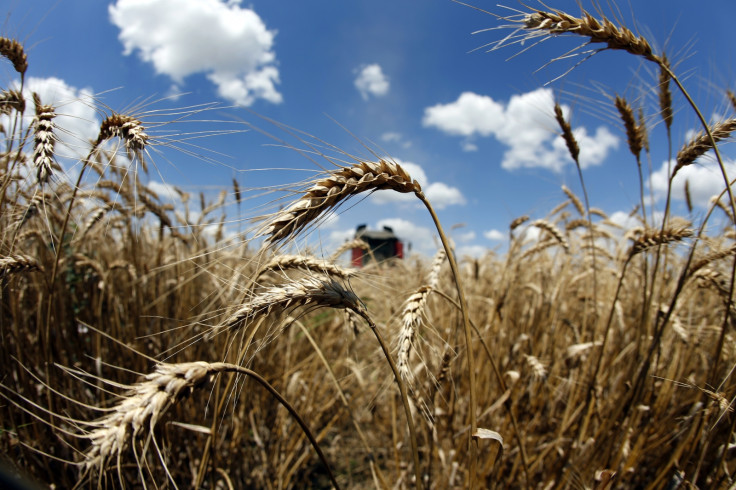Going gluten-free can increase your risk of type 2 diabetes
Cutting gluten from the diet for non-medical reasons can cause more harm than good.

People who adopt a diet that is low in gluten may be more at risk of developing type 2 diabetes, scientists have said. If there is no medical reason to do so, it may be better to avoid following this dietary trend.
Gluten is a protein found in wheat, rye and barley, and it is not well tolerated by a small percentage of the population.
This is the case of people diagnosed with coeliac disease, an autoimmune disease caused by reaction to gluten. It affects about 1 in 100 people in the UK and in Europe – although only 24% of these have been diagnosed. For these patients, it is necessary to adopt a gluten-free diets.
Some people also suffer from non-coeliac gluten sensitivity (gluten intolerance). It may help them to reduce their gluten-intake, after talking about it with their dietitian or GP.
However, in recent years, an growing number people with none of these two conditions have decided to cut gluten out of their diet, thinking it might bring long-term health benefits or help them loose weight.
The problem is that there is little proof that this works. As registered nutrition consultant Charlotte Stirling-Reed told IBTimes UK: "There is no evidence that people need to cut gluten out of their diet, unless they are Coeliac or have an intolerance to gluten. Gluten free is a bit of a trend and a fad but most people don't need to opt for gluten free diets and foods".
Worse, there are signs that this trend could even be detrimental to people's health. A study presented at the American Heart Association's Epidemiology and Prevention / Lifestyle and Cardiometabolic Health 2017 Scientific Sessions has now shown that people who cut gluten from their diets without it being a medical need are more likely to develop type 2 diabetes.
A risk of diabetes
This long-term observational research examined the case of 199,794 participants enrolled in three long-term health studies – 69,276 from the Nurses' Health Study (NHS), 88,610 from the Nurses' Health Study II (NHSII) and 41,908 from the Health Professionals Follow-up Study (HPFS). They were followed up during 30 years on average.
The scientists estimated the participants' gluten intake from food-frequency questionnaires completed every two to four years. During that time, a total of 15,947 type 2 diabetes were confirmed.
Analysing the data, the scientists found out that most people ate less than 12 grams/day. Within this range, the group that ate the least gluten was more at risk of developing the chronic disease.

One of the reasons for this may be that those on a low-gluten diet end up eating less cereal fibres – nutrients that that are thought to protect people from developing diabetes.
Accounting for the potential benefits of cereal fibre, the scientists showed that 20% individuals with the gluten consumption had a 13% lower risk of developing Type 2 diabetes in comparison to those with the lowest daily gluten consumption.
"Going gluten free can put people at risk of missing out on certain, important food groups and also can reduce the amount of fibre that we get in our diets too. The gluten-free options available aren't necessarily 'healthy' options, even though sometimes people assume that 'free from' means healthy. This is simply not the case", Stirling-Reed commented.
Although the study is observational, and thus only highlights correlations rather than cause, the findings already strongly suggest that limiting gluten from our diets is "unlikely to facilitate diabetes prevention".
© Copyright IBTimes 2025. All rights reserved.






















